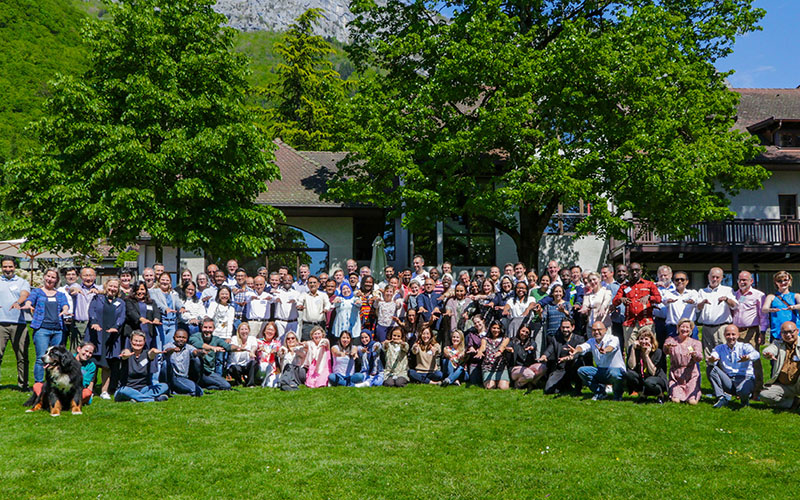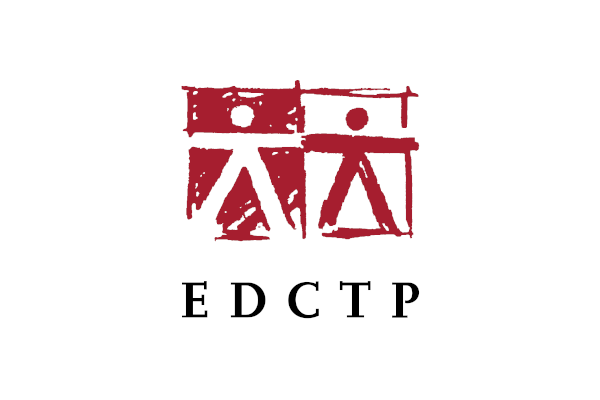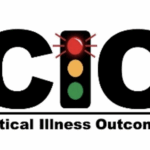The July 2025 edition of the European & Developing Countries Clinical Trials Partnership (EDCTP) Update highlights a series of milestones that underscore the partnership’s growing influence on health outcomes and research capacity across sub-Saharan Africa. With the publication of the 2024 Annual Report—showcasing how EDCTP2-funded projects are generating evidence to inform policy and practice—the programme reaffirms its mission to translate scientific advances into tangible benefits for communities grappling with poverty-related and neglected infectious diseases.
A landmark achievement featured in this issue is the Swissmedic approval of Coartem® Baby (artemether-lumefantrine) as the first malaria treatment formulated for infants under five kilograms. This approval follows the CALINA study conducted by the EDCTP2-funded PAMAfrica consortium, which demonstrated the formulation’s safety and efficacy in young infants. Developed through collaboration between Novartis, the Medicines for Malaria Venture (MMV), and academic partners in Europe and Africa, Coartem® Baby represents a vital step toward reducing malaria mortality in the most vulnerable age group.
In parallel with clinical breakthroughs, EDCTP has opened a public consultation on the TRUST Code Supplement, aiming to establish a Global Code of Conduct for Research in Fragile Settings. Stakeholders are invited to contribute insights on ethical research practices in contexts such as disaster zones, conflict-affected areas, and informal settlements, with the consultation deadline set for 15 August 2025. EDCTP emphasizes that “your input is crucial in shaping responsible and effective research methodologies in these sensitive environments,” underscoring the organisation’s commitment to inclusive and ethical governance.

To support ideas for the next wave of research, the EDCTP Association hosted two webinars on 10 and 11 July 2025, guiding applicants through the second-stage process for Global Health EDCTP3 calls. The first session addressed Global Collaborative Action for Strengthening Regional Networks
of Excellence and Epidemic Preparedness Consortia, while the second focused on Strategic Training Hubs for Fellowships in Public Health covering Biostatistics, Epidemiology, and Modelling. The Association clarified its role as coordinator for successful proposals, congratulating participants on advancing to the second round and reaffirming its support for fostering robust research partnerships.
Capacity building remains at the heart of EDCTP’s strategy. The 25th Advanced Course of Vaccinology (ADVAC), held from 5–16 May 2025 at Les Pensières in Annecy, France, welcomed 76 participants from 46 countries for an intensive curriculum on vaccine development. Over its quarter-century history, ADVAC has nurtured a global alumni network of more than 1,500 vaccinology leaders. Between 2021 and 2024, EDCTP supported 23 African fellows, and this year eight were selected under the UK’s commitment to the EDCTP Association. The programme’s enduring success underscores the importance of training the next generation of experts in immunization science.
EDCTP2 project updates in July 2025 showcase the steady pace of translational research. The PanACEA Consortium reported two promising oxazolidinone antibiotics—sutezolid and delpazolid—as safer alternatives to linezolid for tuberculosis treatment, particularly for extended‐therapy patients. Published in The Lancet Infectious Diseases on 8 July 2025, these findings highlight the consortium’s efforts to enhance drug safety profiles and advance TB care in high-burden settings.
In West Africa, the Pediatric Praziquantel Consortium convened in Abidjan on 1–2 July 2025 to evaluate progress in schistosomiasis control among preschool children. Hosted by Côte d’Ivoire’s Ministry of Health and coordinated by Lygature, the meeting united researchers and policymakers to align strategies for expanding access to age-appropriate praziquantel formulations and ensuring early interventions in endemic communities.
Malaria chemoprevention research reached a significant milestone in June 2025 when the Post-Discharge Malaria Chemoprevention (PDMC-II) trial completed recruitment of 917 children under five with severe anaemia.

Conducted in Uganda, Kenya, and Malawi, the study seeks to determine whether a four-month regimen of dihydroartemisinin-piperaquine plus azithromycin can more effectively reduce clinic visits than dihydroartemisinin-piperaquine alone. By investigating post-discharge strategies, PDMC-II aims to lower morbidity and improve survival among high-risk pediatric populations.
Policy engagement also featured prominently in July. The East African Consortium for Clinical Research (EACCR3) hosted a one-day Malaria Policy Engagement Meeting on 11 July 2025 in Kilifi, Kwale, and Mombasa counties. Bringing together researchers, national policymakers, and county health leaders, the forum emphasized the translation of trial evidence into national malaria control plans and underscored the value of locally-driven solutions for prevention and elimination efforts in Kenya and beyond.
Profiles of EDCTP Fellows exemplify the personal journeys that fuel research excellence. Dr. Sheila Agyeiwaa Owusu, a TALENT Programme Fellow from Ghana pursuing her PhD at the London School of Hygiene & Tropical Medicine, represents a “beacon of hope and inspiration for aspiring female researchers in sub-Saharan Africa.” Her story highlights the importance of nurturing diversity and gender equity within scientific leadership pathways.
The Field Epidemiology Training Programme in Cape Verde (FETP-CV) concluded its inaugural cycle with a closing seminar in Mindelo on 9–14 July 2025, themed “Scientific Production and Transition to New Challenges.” Fifteen Master’s students from Cape Verde, Guinea-Bissau, and São Tomé and Príncipe presented capstone projects, marking a pivotal step in building a cadre of skilled epidemiologists to strengthen disease surveillance and

outbreak response in Portuguese-speaking Africa. In supporting research dissemination, EDCTP leverages Europe PMC to ensure open access to publications resulting from funded studies. The July Update lists recent peer-reviewed articles covering tuberculosis, helminth and protozoan co-infections, antimalarial resistance markers, and pharmacogenomic analyses of antituberculosis therapies, among others. By centralizing outputs, EDCTP enhances visibility and compliance with grant requirements, fostering a transparent knowledge ecosystem.
Looking ahead, the Update spotlights the upcoming Digital Health Africa Conference (3–4 September 2025), which will convene stakeholders in Pretoria, Kampala, and Berlin to catalyze innovation in maternal and child health. Meanwhile, the 2025–26 COMPASS Fellowship Scheme and the MOHRE Master’s Programme in Malaysia offer new training avenues for emerging researchers, reflecting EDCTP’s enduring commitment to capacity strengthening and equitable research partnerships.
Overall, the EDCTP Update of July 2025 paints a vivid picture of a partnership at full stride; combining clinical breakthroughs, ethical stewardship, robust training programmes, and policy dialogue to drive meaningful health improvements across sub-Saharan Africa. By maintaining a dual focus on scientific excellence and sustainable capacity building, EDCTP continues to shape a future where evidence-based interventions can deliver healthier lives for the continent’s most vulnerable populations.
Source: EDCTP-Update-July-2025.pdf



